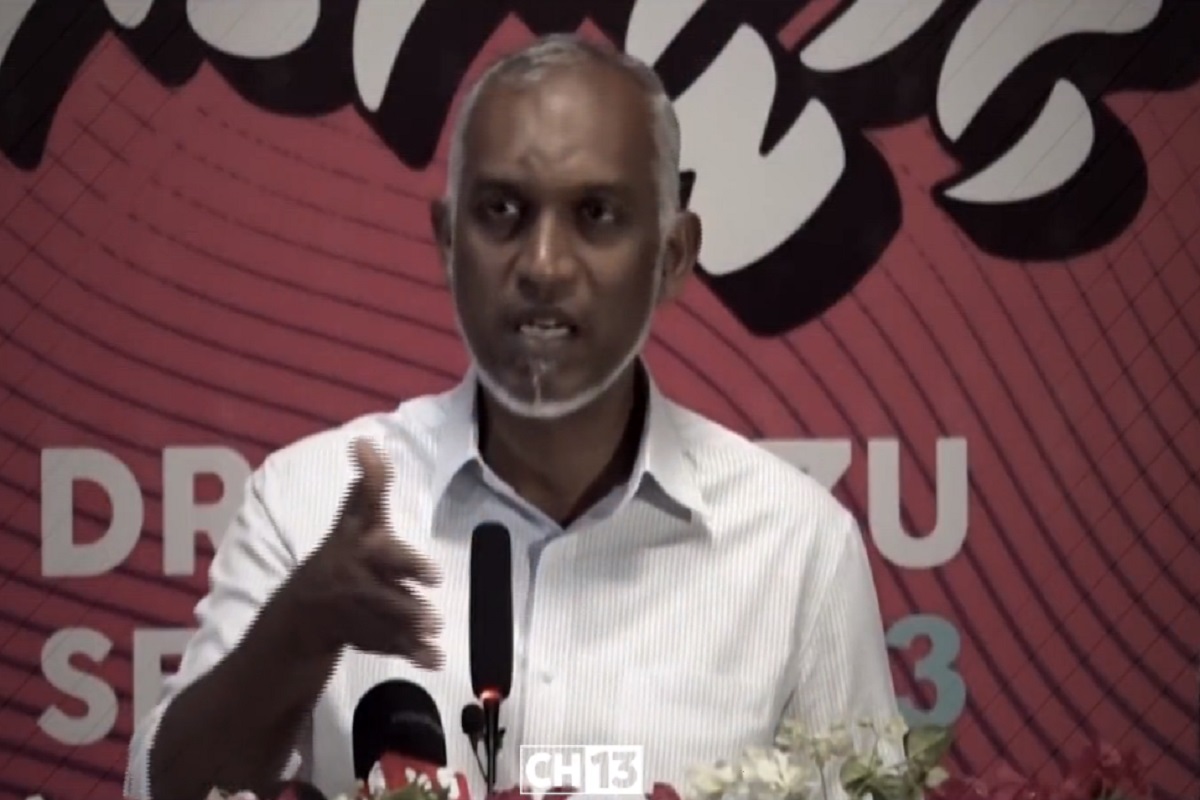The recent election of President-elect Mohamed Muizzu in the Maldives and his renewed commitment to remove Indian military personnel from the country have introduced a complex and evolving dimension to India’s foreign policy in the region. Mr Muizzu’s stance raises challenging questions and emphasises the need for a nuanced and strategic response from India. However, amidst these developments, Mr Muizzu’s expressed desire for thriving relations between the Maldives and India, in the context of growing Chinese influence, stands out as a significant diplomatic gesture that equally merits attention and consideration. India’s relationship with the Maldives has been rooted in historical, cultural, and economic ties. The Maldives is not merely a neighbouring country. It is a nation with which India shares a unique and enduring connection. These connections span trade, tourism, climate change cooperation, and common challenges and opportunities in the Indian Ocean.
Therefore, Mr Muizzu’s commitment to fostering thriving relations is reassuring. It reflects a willingness to engage and sustain a positive bilateral partnership. The significance of this relationship extends far beyond military cooperation. India and the Maldives have a stake in maintaining the stability and security of the Indian Ocean, a region of paramount strategic importance. In light of these shared interests, both nations have the opportunity to create a reservoir of goodwill and cooperation that benefits not only themselves but also contributes to the broader stability and security of the Indian Ocean region. Mr Muizzu’s expressed commitment to nurturing strong relations with India also offers a platform to address concerns related to Indian military projects in the Maldives. It provides a channel for constructive dialogue and understanding to ensure the preservation of the Maldives’ independence and sovereignty, especially in the context of growing Chinese influence in the region. This aspect is crucial in an evolving geopolitical landscape where strategic competition is the norm. China’s expanding influence in the Indian Ocean region has been a source of concern for many countries, including India. Mr Muizzu’s proChina stance and the potential strengthening of China’s foothold in the region add a layer of complexity to India’s response.
Advertisement
In this context, India must strike a delicate balance between addressing the Maldives’ concerns and safeguarding its own strategic interests. At a time when international relations are often marked by rivalry and competition, the concept of thriving relations is a beacon of stability and security. It underscores the enduring importance of diplomacy and peaceful cooperation. It reminds us that, even in a complex and changing geopolitical environment, dialogue and peaceful coexistence can prevail. India’s response to the changing dynamics in the Maldives should be measured and strategic. Instead of reacting hastily, New Delhi should prioritise dialogue and negotiations with the President-elect. The Indian Ocean region is of paramount strategic importance, and India has been actively building regional alliances to maintain a favourable balance of power. This approach should be sustained and strengthened.











